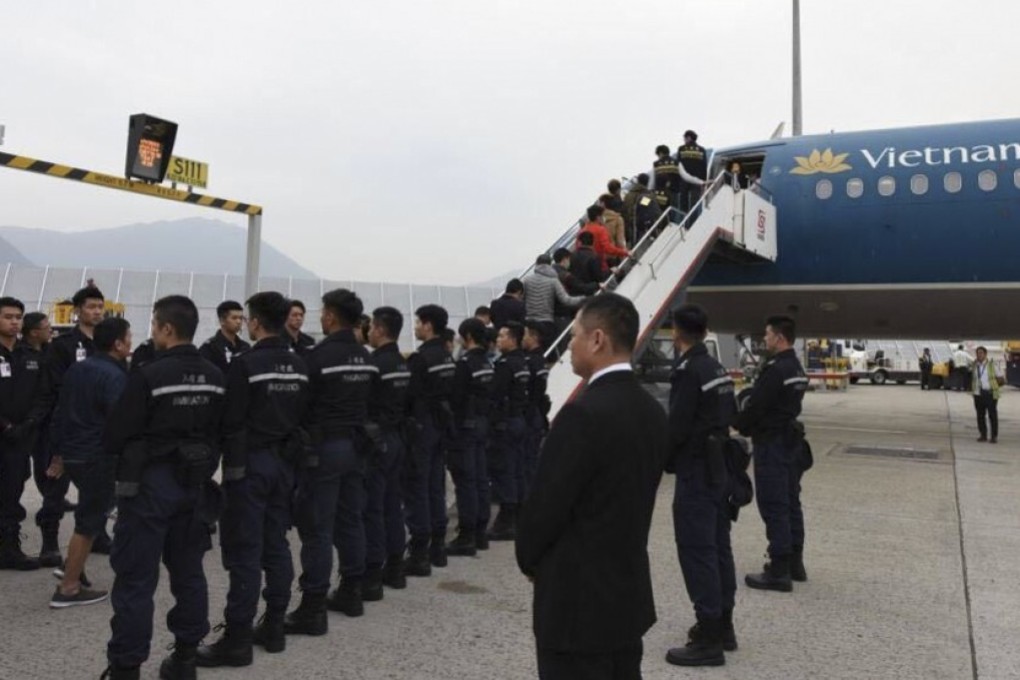Advertisement
Opinion | Hong Kong immigration bill: baseless rhetoric on refugees only hurts the most vulnerable
- Particularly since 2016, refugees have been scapegoated and detained to suit the political platforms of certain lawmakers
- Rhetoric that has no basis in data translates into very real consequences for vulnerable migrants in our city, and it is refugees who pay the price
Reading Time:3 minutes
Why you can trust SCMP
2

The Immigration (Amendment) Bill 2020 was passed on April 28 with minimal opposition in the Legislative Council. To understand the full implications of the bill and how it will affect vulnerable migrants, one must look at the anti-refugee rhetoric in Legco debates that gave rise to the bill and ultimately ushered in its passing.
While this rhetoric is not new, the debates were noteworthy for the absence of dissenting voices since late 2020, save for two non-establishment legislators. This alarmist approach to refugees in Hong Kong is often at odds with the data available.
Hong Kong does not offer asylum to refugees, but it does have a non-refoulement policy which prevents refugees from being sent back to countries where they could face torture or persecution. All non-refoulement claimants, whether their claims are successful or not, are regarded as illegal immigrants by the Hong Kong government.
Advertisement
Non-refoulement claimants who have their claims granted are given temporary stay until they are resettled to a third country by UNHCR or able to return to their own countries when the situation stabilises. For many, this arrangement results in years of limbo in Hong Kong with no right to work or even volunteer and a designed dependence on the welfare system.
The recently passed bill made provision for many amendments which will negatively affect refugees. These include wider powers of detention, quicker removals and a provision for arming immigration officials in detention centres.

10:31
From asylum seeker to banker: Zimbabwean in Hong Kong pays it forward
From asylum seeker to banker: Zimbabwean in Hong Kong pays it forward
The final meeting in Legco focused primarily on two xenophobic conceptions of refugees in Hong Kong: “fake” refugees and “refugee crime”.
Advertisement
Select Voice
Select Speed
1.00x

